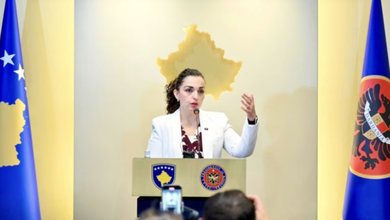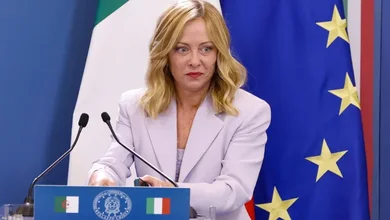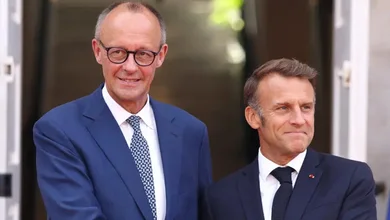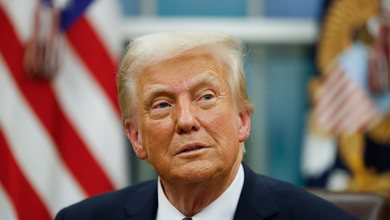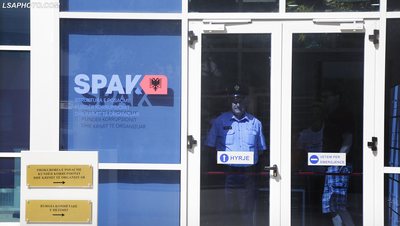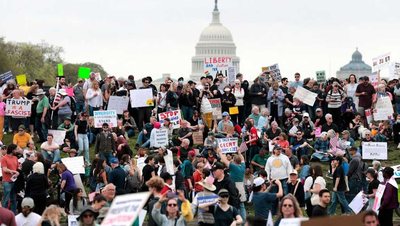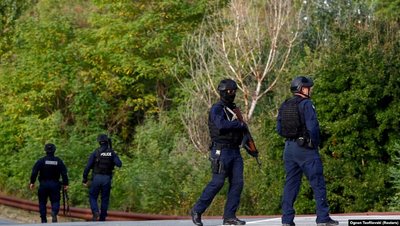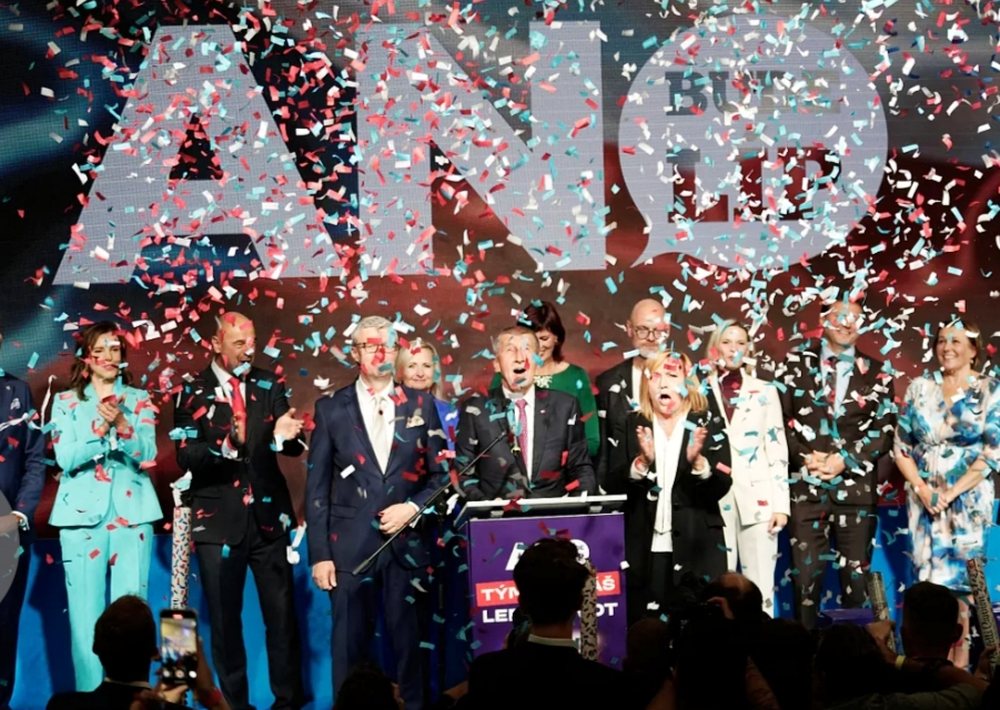
The billionaire former prime minister defeated a pro-Western coalition led by Prime Minister Petr Fiala, emerging victorious in Saturday's vote.
Billionaire Andrej Babiš and his ANO (Yes) movement have won the Czech parliamentary elections with 34.6 percent of the vote, according to preliminary results published on Saturday.
With about 99 percent of the votes counted, ANO appeared to be on the verge of taking power from the pro-Western coalition of current Prime Minister Petr Fiala, which this year won about 23.3 percent of the vote.
The main anti-immigration force, the Freedom and Direct Democracy party, received 8.3 percent, while a right-wing group calling itself "Motorists for Their Own" received 7.1 percent.
Both parties are potential partners for Babiš, who with 86 seats in parliament will need the support of another party to form a coalition. He has ruled out cooperation with the other five parties that were in government after the 2021 elections, which he lost.
Babiš told reporters he was "happy" during a party at his campaign headquarters on Saturday evening, amid loud applause from his supporters.
With this victory, Babiš will join the ranks of Prime Ministers Viktor Orbán of Hungary and Robert Fico of Slovakia, countries that have refused to provide military aid to Ukraine, continue to import Russian oil, and oppose European Union sanctions on Russia.
The Czech Republic has been a strong supporter of Ukraine since Russia's full invasion in February 2022. The country has donated weapons, including heavy weaponry.
Babiš has questioned such support and has refused to fully support a NATO commitment to significantly increase defense spending.
Last year, he joined forces with Orbán to create the Patriots for Europe group in the European Parliament, an alliance representing far-right groups. These parties are united by a critical stance on EU climate change policies, anti-immigrant rhetoric and the defense of national sovereignty.
Babiš campaigned on a platform of cheaper energy, higher pensions and putting Czech domestic affairs ahead of Ukraine. He previously served as prime minister from 2017 to 2021.


